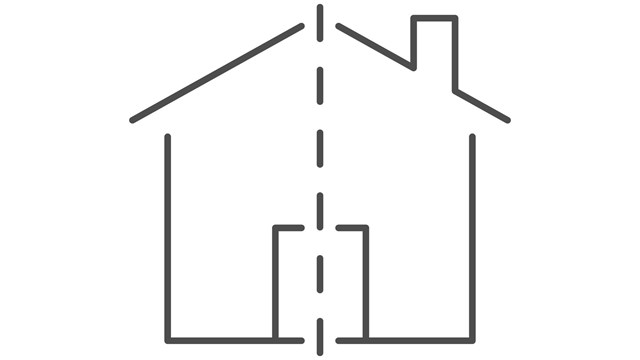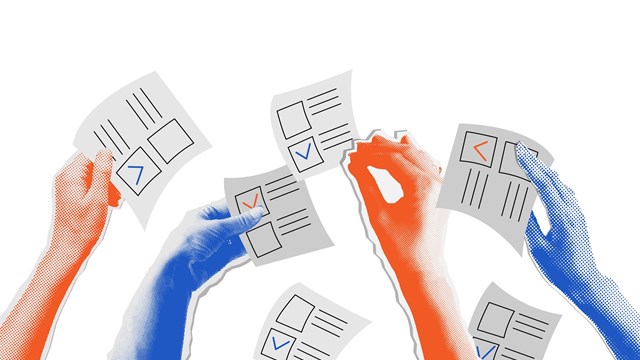Q The board of our condo issued a ruling that any unit owner who is behind in
payment of common charges cannot vote at the annual meeting. Our bylaws only
say that each owner is entitled to one vote. No mention is made about denying
the vote. Doesn't this ruling require a change in the bylaws? This would
require a 2/3 vote from the unit owners. The board also now charges delinquent
accounts nine percent per month or 108 percent on an annual basis. Is this
legal?
—Concerned Condo Owner
A “It is not uncommon for voting rights of a condominium unit owner to be suspended
in the event of non-payment of common charges as a means to encourage
association members to return to 'good standing',” explains attorney Gemma M. Giantomasi of Genova, Burns & Giantomasi in Newark. “While such a “good standing” requirement is not mandated by statute or otherwise, it may be established in
the governing documents of the association. New Jersey Statute Section 15A:5-10 specifically permits the right to vote to be
denied to the extent set forth in the certificate of incorporation or bylaws of
the association. Further, recent case law has confirmed that this statute permits an association “to withhold voting rights from members that have not paid fines or assessments,
provided that these limitations to voting rights are set forth in the governing
documents of the Association.” Committee for a Better Twin Rivers v. Twin Rivers Homeowners’ Association, 383 N.J. Super. 22, 67 (2006). Both the statute and case law are clear in that unless so denied in the
governing documents of the association, each member shall be entitled to vote
on matters submitted to a vote of the members, notwithstanding payment of
common charges.
“Therefore, if a 'good standing' requirement for voting is not included in an association’s governing documents, said governing documents, which include the bylaws, would
have to be amended to incorporate such a requirement. In order for the bylaws of a condominium association to be amended, the
amendment must be approved as specified by the amendment procedures as set
forth in the bylaws. Note, the New Jersey Condominium Act (the “Condominium Act”) requires that the bylaws of every condominium association to set forth such
amendment procedures. Once the amendment is adopted, the Condominium Act requires that said amendment
be recorded in the office of the recording officer of the county where the
condominium is located. N.J.S.A. 46:8B-13(d).
“With regard to your question about interest, please note the Condominium Act
provides that the common charges assessed to any unit “shall bear interest from the due date set by the association at such rate not
exceeding the legal interest rate as may be established by the association.” N.J.S.A. 46:8B-17. Further, if authorized by its master deed or bylaws, your
association may also charge late fees, fines, and reasonable attorney's fees to
a unit owner that is delinquent in its payment of common charges. N.J.S.A.
46:8B-21.”







Leave a Comment